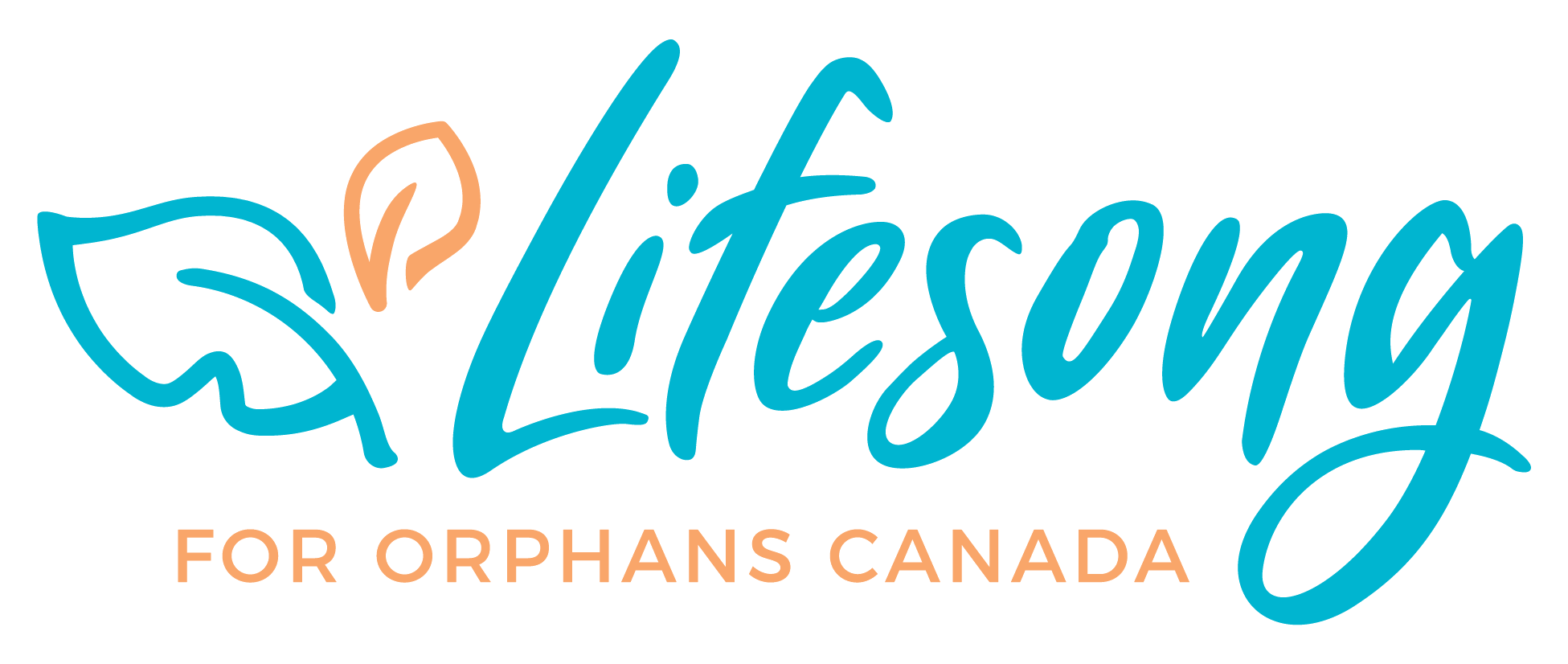The Great Healer
“Until we embrace our mutual brokenness, our work with low-income people is likely to do more harm than good…I am not okay, and you are not okay. But Jesus can fix us both.” ― Steve Corbett, Author of When Helping Hurts
Through Lifesong Harmony School and the Lifesong Harmony Boarding Home, we’ve heard a lot of stories of pain, heartache, and trauma. Many we choose not to share online to protect privacy, and often the details aren’t necessary. The point is, people are hurting because of their innate brokenness. This isn’t specific to Zambia; regardless of where you live or who you interact with, every human knows what it feels like to have scars from the past, as well as current wounds. This is a consequence of the fall – humans are broken by default, whether we like it or not.
It seems that the majority of North American Christians have developed an unspoken idea that some people are too broken, or at least more broken than others. This isn’t being verbalized, but our attitudes often reveal this thought; it’s the reason we like to separate ourselves from the prostitute, the homeless, the drug addicted, and the criminal. Without saying it, or even always realizing it, we are making the distinction that these people are more broken than us, and too broken to be fixed.
I am not OK. You are not OK.
In Scripture we never see Jesus ignoring certain populations because they were “too broken”. Jesus actually spent a large portion of His time with that exact list mentioned above: he invited prostitutes to dinner, called Himself homeless, and forgave a criminal on the cross. If Jesus didn’t think these people were too broken, why do we?
…Jesus can fix us both.
Yes, it’s true: I am not OK, and you are not OK. We are broken, and no matter how many good deeds we do, regardless of our education, career, family, socio-economic status, race, and gender, we can never be whole on our own. This is where the Good News comes in: Jesus can fix us both. He is the Great Healer, tending to our brokenness and making us entirely new beings by grace through faith. After our transformation we are called to share His love with the broken world around us. We are not called to do the fixing – many problems happen when we try – but we are called to a life of service, following the example of Jesus.
It is vital that we as Christians acknowledge our own brokenness. Without doing that, we will end up looking down on the people we are trying to help, and elevating ourselves in pride, which is not pleasing to God. Just like the Pharisees, Jesus will not be afraid to call us white washed tombs and hypocrites (Matthew 23:27). Let this be an encouragement to you and to me: our brokenness can be used as a bridge to connect us to people who are different than us. We are not better than anyone – it is only through the blood of Jesus that we are cleansed and made whole. We desperately need Jesus, the Great Healer, because He is the only one that can fix us.

